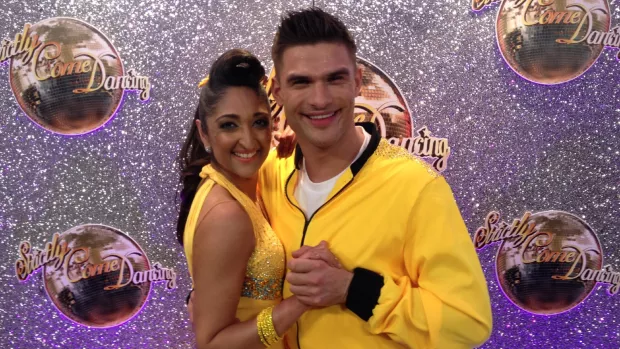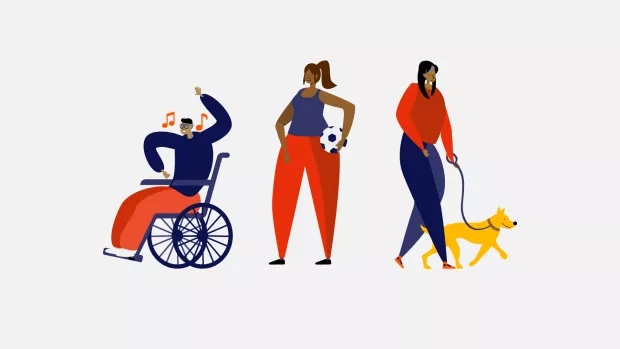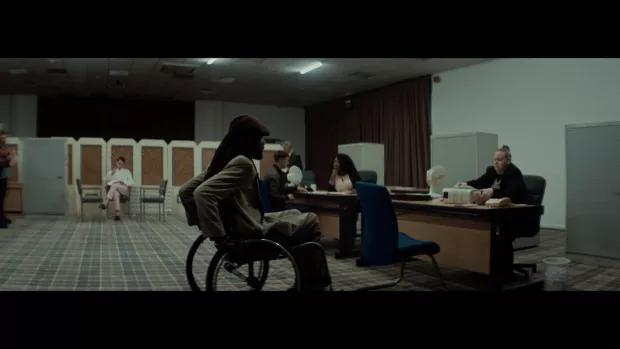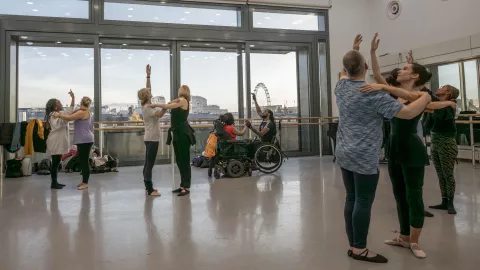
Royal Opera House partnership puts MS centre stage
On 9 February 2024, a group of people from the MS community presented a ballet performance at the Royal Opera House.
The group presented their interpretation of Cathy Marsden’s The Cellist. The ballet is based on the life of renowned musician Jacqueline du Pré, who lived with MS. It’s choreographed by Bim Malcomson.
The performance was the grand finale of our partnership with the Royal Opera House. This offered our amazing volunteers the chance to take part in workshops over 12 weeks. For some, it was the first time they'd danced ballet.
As they geared up for the performance of a lifetime, we spoke to four of the dancers.
"It’s reignited my love of dance."
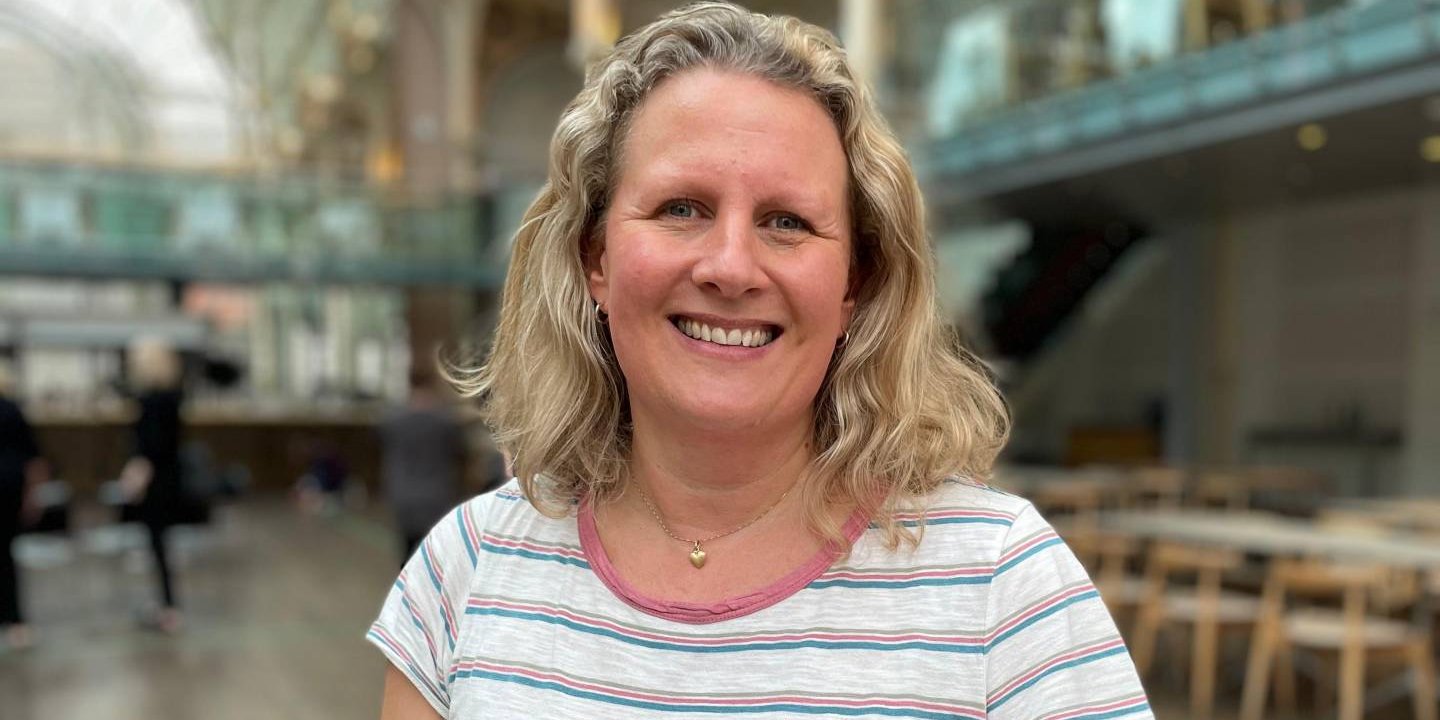
Sarah, from Bristol, was diagnosed with relapsing MS in 2009. Through taking part she’s rediscovered her childhood love of dance.
“My MS journey has been a huge rollercoaster and has really affected my mental health at various points. Life hasn’t turned out the way I thought it would.
When I was diagnosed I was a busy mum to two children. The disease modifying therapies (DMTs) available at that time only reduced the chance of relapses by 30% and I was told it would give me flu-like symptoms for a couple of days. So I decided not to take them. I couldn't be out of action with the children so young.
As my relapses became more frequent, averaging two a year, we decided it was time to look at treatments again. I've been on Tysabri (natalizumab) since May 2015 and I haven't had a relapse since.
I recently turned 50 and realised there is so much to be thankful for. Taking part in this collaboration with the MS Society, the Royal Opera House and the Royal Ballet has been such a treat! I used to do ballet as a child until I was 17, but hadn't kept it up. I tried to attend an adult ballet class pre-pandemic but I was so frustrated not being able to do things like jumping.
Meeting Bim and taking part in her ballet classes has reignited my love of ballet. It’s shown me that dance doesn't have to be about structured ballet positions. There is still so much pleasure in just doing the bits your body does let you do.”
"Carly and I have found ourselves as the love interest in the piece!"
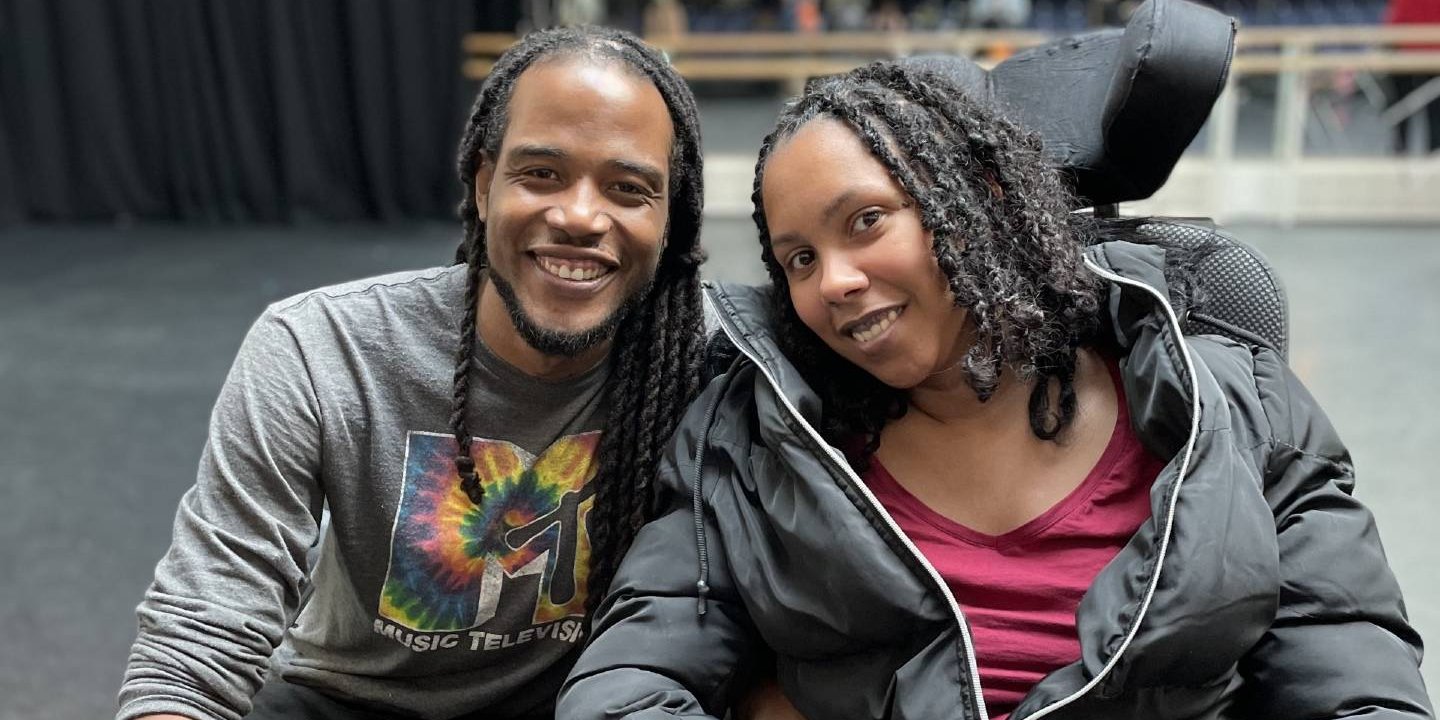
Ekow and his partner Carly both live with MS and joined the project together.
Ekow: “I was diagnosed with relapsing MS in 2014 but had my first symptoms when I was 13 when I woke up one morning and my legs wouldn’t move. The next day my legs were fine again. But I had trouble with things like running and it affected how I could play basketball. Doctors said that I just grew too tall too fast and that was that. Fast forward to 2014 and I dropped out of university because I was struggling. My mum said it was time to find out what was going on with me. After lots of tests I was told I probably had MS. Seven days later I had a relapse that put me in a wheelchair and that’s when they confirmed it was MS. I now live with secondary progressive MS.”
Carly: “My MS story starts back when I was working in a mobile phone shop and a customer complained about me for being drunk – but I wasn’t. When I got home I walked to the shops with my dad and fell over seven times. He took me to the hospital and I had an MRI scan and lumbar puncture and they confirmed it was relapsing MS. At first I didn’t want to believe it as I had a positive MRI but a negative lumbar puncture. It took me around two years for me to fully come to terms with my diagnosis.”
Read more about the lumbar puncture and MRI results
Ekow: “Before taking part in this project we didn’t know the story of Jacqueline du Pré. It’s been great to learn more about her story and the relationship between her and her cello while dealing with MS. The project is taking inspiration from this ballet and Carly and I have found ourselves as the love interest in the piece.
What’s been amazing is the choreographer’s enthusiasm to work with us. Bim is all about inclusive dance and finds it interesting to work with us as she hasn’t worked with a couple quite like us before. Carly can only move her head so making the project accessible to her has been great. Bim still has us doing things that look incredible. It’s very beautiful and we’re excited to perform.”
Carly: “I have a mix of emotions about the upcoming performance. Excitement, nerves and a lot of anticipation! I can’t wait to get out there and dance with everyone!”
"It has enabled us to feel once again that all things are still possible."
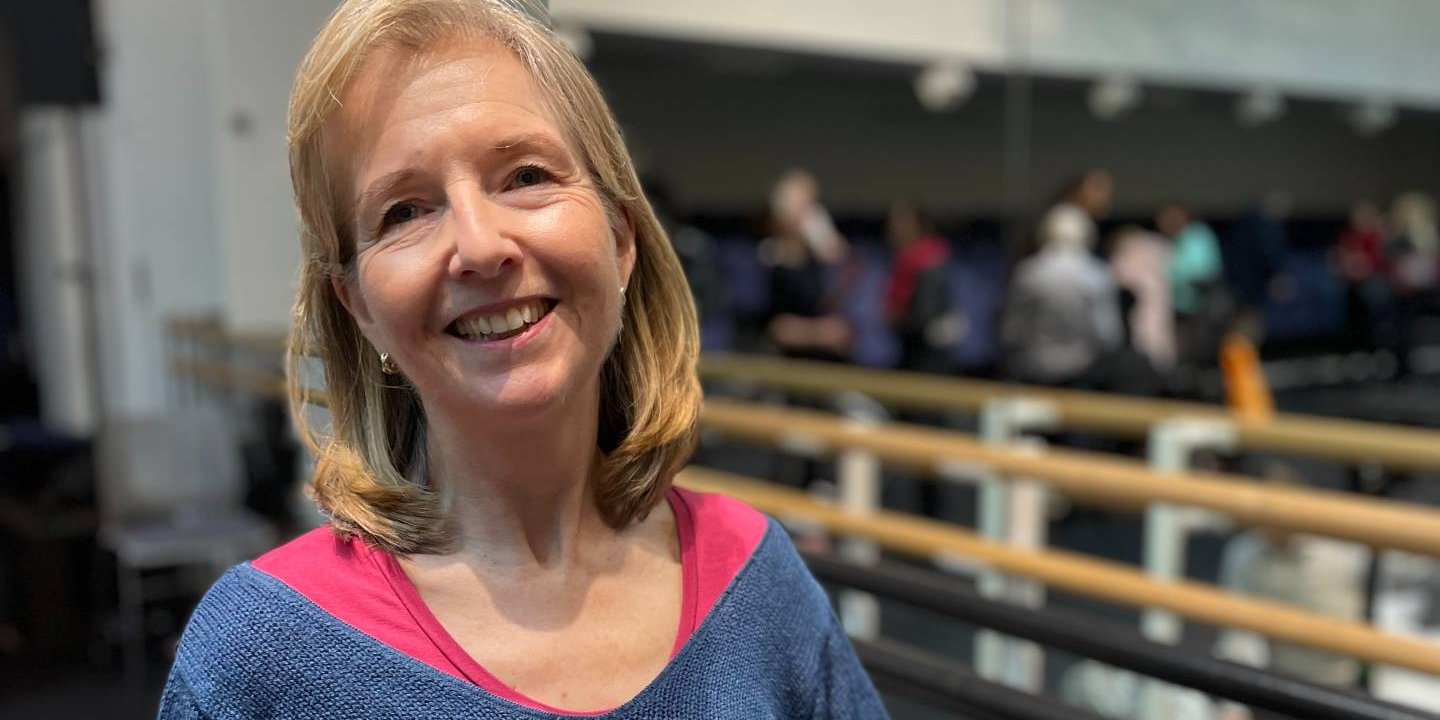
Louise from London has danced all her life – she first noticed MS symptoms in a dance class. She was diagnosed with relapsing MS in 1998.
"My first symptoms were slight shifts in my balance and stability coupled with a loss of sensation in my toes. It worried me. Of course, friends said if you dance on your toes, you shouldn’t be surprised at having numb feet. It sounded reasonable and I was happy to accept their suggestion. I didn't want to face up to such a potentially disabling condition.
It wasn’t until after the birth of my son in 1997 that I suffered my first major MS relapse. My son had been born two months premature and it was a particularly worrying time.
Probably the worst symptom of MS, for me personally, is the way it plays havoc with your brain chemistry. Depression and anxiety are common symptoms and mine were exacerbated by postpartum depression.
I always knew that I was more gifted academically than as a dancer. Choosing to pursue journalism instead, I worked as a newspaper editor and dance critic overseas for some years. Although I’ve never been a professional dancer, I have danced all my life. My MS has worsened over the years, but I’ve continued to dance to some degree. I am certain my classical training has enabled me to manage worsening balance and coordination.
I share tremendous gratitude to the Royal Opera House and the MS Society for facilitating this workshop opportunity. It has encouraged and enabled a group of people with MS to try another form of exercise and an art form. It didn’t matter the level of disability or how little dance experience participants may have. It has enabled us to feel once again that all things are still possible.
With our performance at the Royal Opera House coming up I’m certainly feeling a fair degree of excitement and trepidation. The adrenalin is starting to kick in now. It’s like the old days of performance all over again.”

